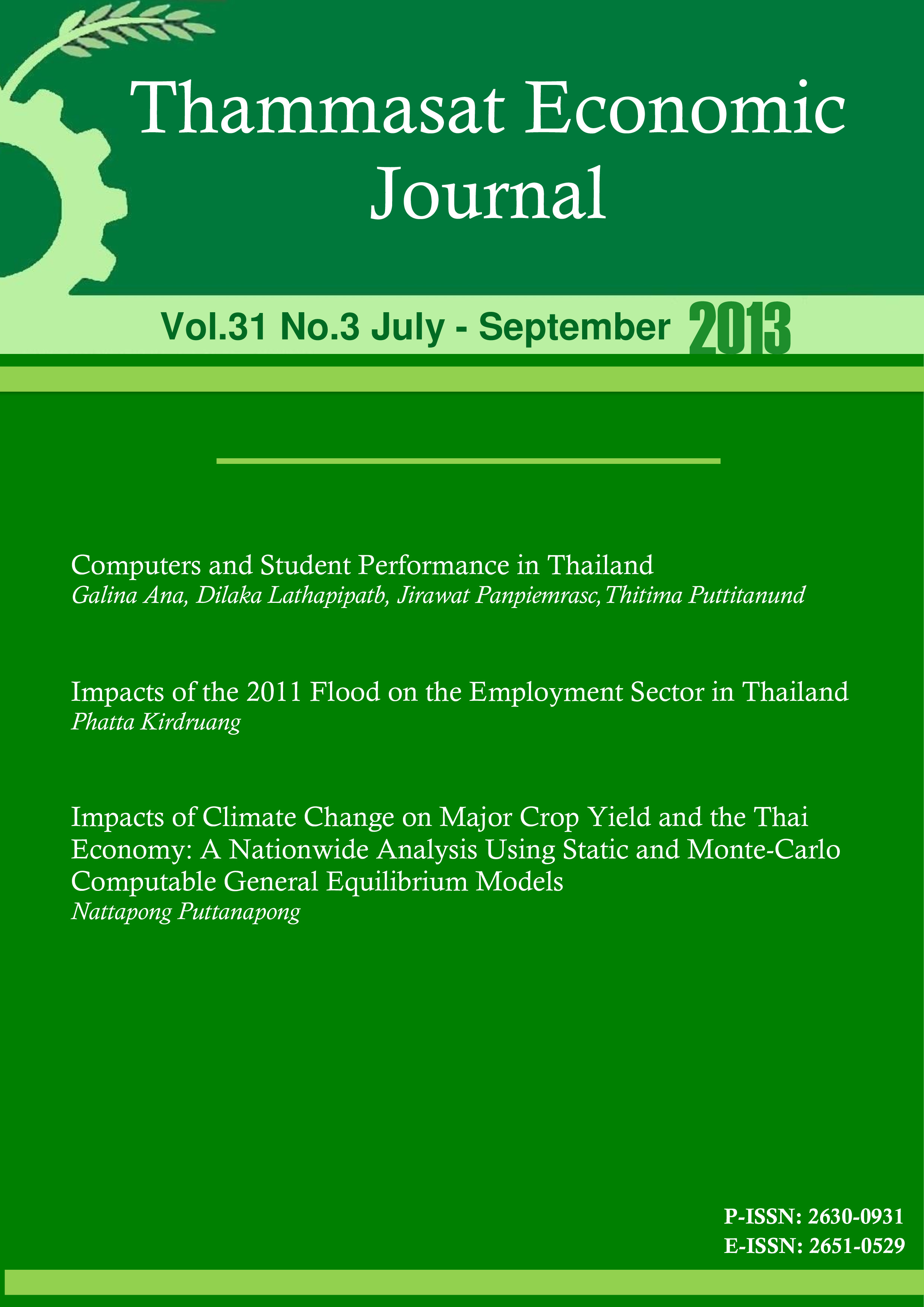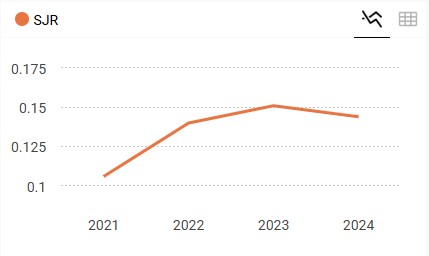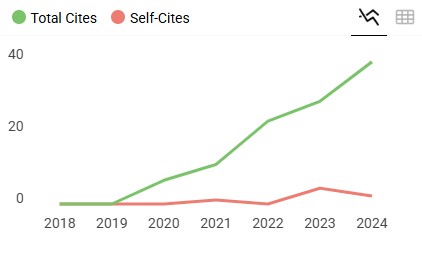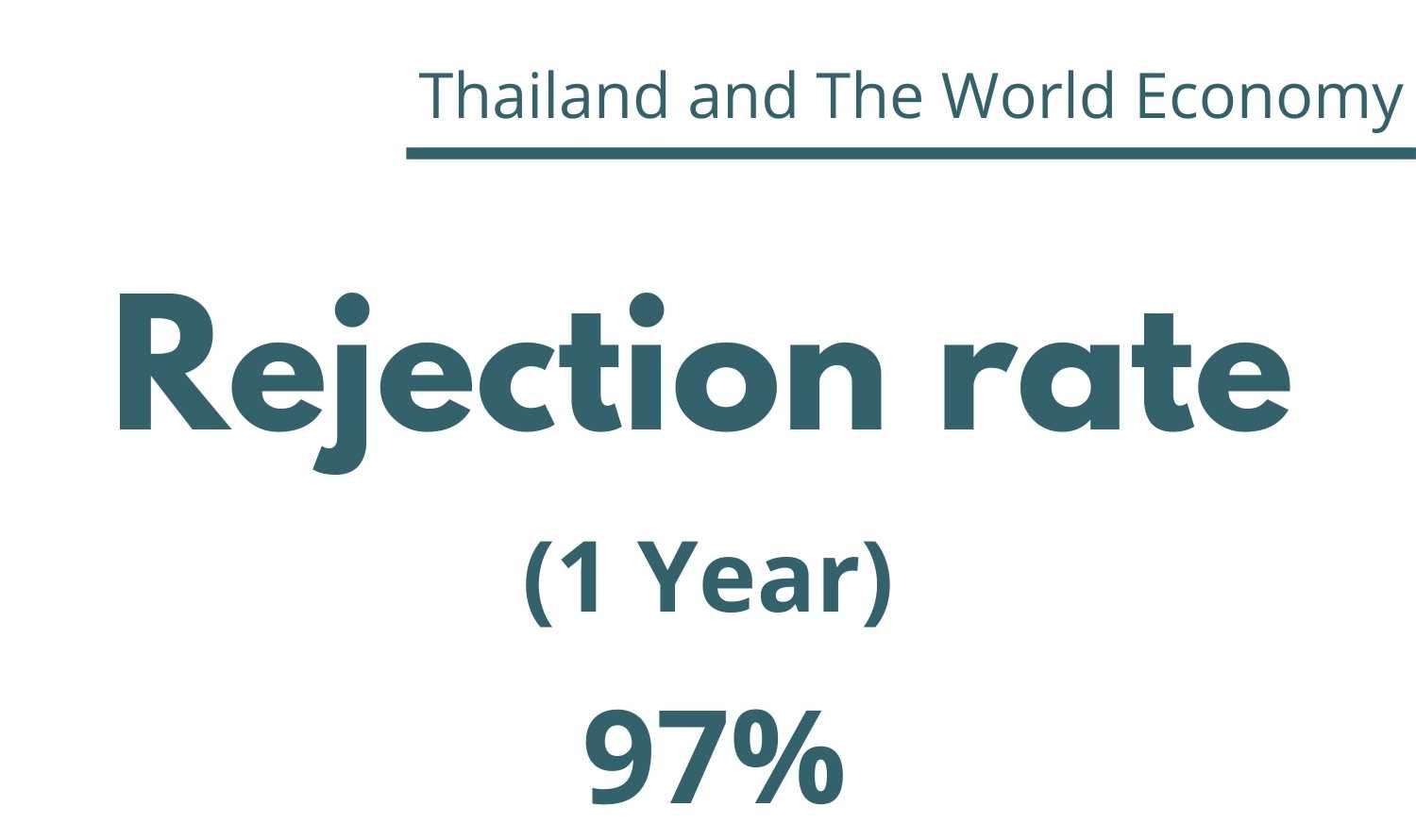Impacts of Climate Change on Major Crop Yield and the Thai Economy : A Nationwide Analysis Using Static and Monte-Carlo Computable General Equilibrium Models
Keywords:
Monte-Carlo, CGE Model, climate change, crop yields, income distribution, crop insurance, risk diversificationAbstract
Climate change is a major concern for developing countries because changing weather conditions would significantly affect agricultural production output. Employing half of its total labor supply and land in agricultural activities, Thailand is considered one of the major food-exporting countries vulnerable to climate change. Despite the forecast of future weather volatility and its effect on Thailand’s major crop yield such as rice, cassava, sugar cane, and corn, there is a lack of studies examining the resulting nationwide economic impact. This study aims to explore the economy-wide impacts of crop yield fluctuation on the Thai economy by using both static and Monte-Carlo CGE models. For effects on agricultural markets, simulation results indicate that prices and quantities of corn and cassava are the most sensitive to weather oscillation. In the nation-wide impact, both static and Monte-Carlo CGE models show that rice is the most significant crop because its volatility in price and quantity causes the highest impact and fluctuation on both the macro level and in terms of income distribution. The Monte-Carlo CGE model demonstrates that the fluctuation of impact on government and institutions can be reduced when volatilities of all four crop outputs are pooled. This suggests the possibility to design a crop insurance scheme to minimize the impact of volatility through risk pooling.
References
2.Arndt, Channing, Peter Hazell and Sherman Robinson. 2001. Economic Value of Climate Forecasts for Agricultural Systems in Africa. In Climate Prediction and Agriculture, ed., M.V.K. Sivakumar World Meteorological Organization.International START Secretariat.
3.Arndt, Channing and Finn Tarp. 2000. Agricultural Technology, Risk, and Gender: A CGE Analysis of Mozambique. World Development 28(7): 1307-26.
4.Bosello, Francesco and Jian Zhang. 2005. Assessing Climate Change Impacts: Agriculture. Climate Change Impacts and Policy Division, Euro Mediterranean Centre for Climate Change.
5.Boussard, Jean-Marc and Ane Katherine Christensen. 1999. The Place of Agriculture in the Development of Poland and Hungary: Lessons from a Computable General Equilibrium Model with Risk Considerations. Proceedings of the Twenty-Third International Conference of Agricultural Economists.
6.Buddhaboon, Chinnucha, 2010. Impacts of Climate Change on Rice Cultivation in Thailand. Proceedings of Symposium 2010.National Science and Technology Development Agency, Thailand.(in Thai language)
7.Burfisher, Mary, Sherman Robinson and Karen Thierfelder. 2000. North American Farm Programs and the WTO. American Journal of Agricultural Economics 82(3): 768-774.
8.Darwin, Roy, Marinos Tsigas, Jan Lewandrowski, and Anton Raneses. 1995. World Agriculture and Climate Change: Economic Adaptations. Natural Resources and Environment Division. Economic Research Service U.S. Department of Agriculture. Agricultural Economic Report No. 703.
9.Harris, Rebecca Lee and Sherman Robinson. 2001. Economy-Wide Effects of El NIÑO/ Southern Oscillation (ENSO) in Mexico and the Role of Improved Forecasting and Technological Change. International Food Policy Research Institute.
10.Lofgren Hans, Rebecca Lee Harris and Sherman Robinson. 2002. Standard Computable General Equilibrium models in GAMS, International Food Policy Research Institute, Washington, D.C.
11.Nelson, Gerald C., Mark W. Rosegrant, Amanda Palazzo, Ian Gray, Christina Ingersoll, Richard Robertson, SimlaTokgoz, Tingju Zhu, Timothy B. Sulser, Claudia Ringler, Siwa Msangi, and Liangzhi You. 2010. Food Security, Farming, and Climate Change to 2050: Scenarios, Results, Policy Options. International Food Policy Research Institute.
12.Pauw, Karl, James Thurlow, Murthy Bachu and Dirk van Seventer. 2010. The Economic Costs of Extreme Weather Events: A Hydro Meteorological CGE Analysis for Malawi. Food and Agriculture Organization (FAO) of the United Nations.
13.Pannangpetch, Krirk. 2008. Impacts of Global Warming on Rice, Sugarcane, Cassava, and Maize Production in Thailand. Khon Kaen University and Thailand Research Fund.(in Thai language)
14.Meenaphant, Sorrayuth. 1981. An Economic Analysis of Thailand's Rice Trade, Ph.d. Thesis, Rice University, Texas
15.Sorawat, Winai..2009. Global Warming and its Impacts on Crops in Thailand, Department of Agriculture Ministry of Agriculture and Cooperatives, Thailand.(in Thai language)
16.The Southeast Asia (SEA) Regional Center, the Global Change System for Analysis Research and Training (START) network. 2008. The Prototype Model for Seasonal Rainfall Forecast and Impacts on Basins and River Flows.Chulalongkorn University. Thailand. (in Thai language)
17.Tangtham, Nipon. 2005. Climate Change and Impacts on Thailand’s Water Resource.The Environment Research Project.Institute of East Asian Studies, Thammasat University,Thailand. (in Thai language)
18.Thurlow, James, Tingju Zhu and XinshenDiao. 2011. Current Climate Variability and Future Climate Change: Estimated Growth and Poverty Impacts for Zambia. Working Paper No. 2011/85.UNU World Institute for Development Economics Research (UNU-WIDER).
19.Zhai, Fan, Tun Lin, and EnereltByambadorj. 2010. A General Equilibrium Analysis of the Impact of Climate Change on Agriculture in the People’s Republic of China. Asian Development Bank.










